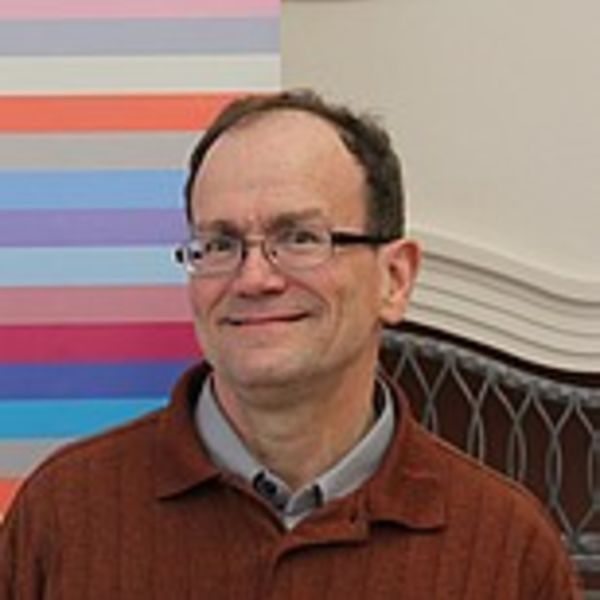Menu 
Imre Kertész Kolleg Jena
Włodzimierz Borodziej (1956 - 2021)
Team
Former Staff
Research Areas
Research Projects
Fellowships
Partners
Activities
Oberseminar Osteuropäische Geschichte (Monday Seminar)
Conferences
Lectures & Discussions
Teaching
Calls
News


